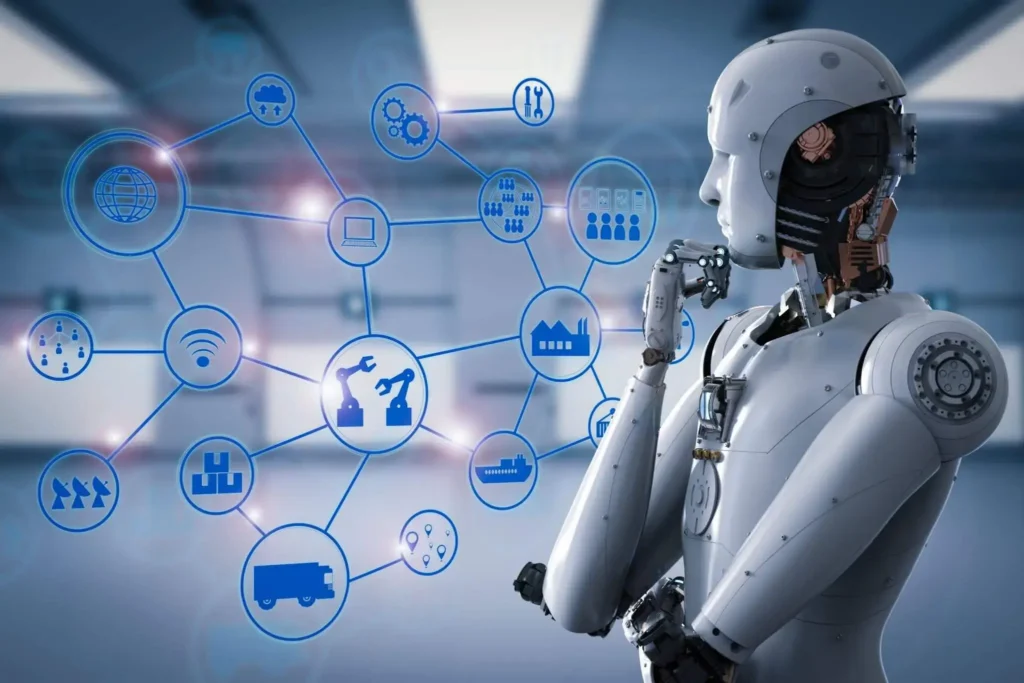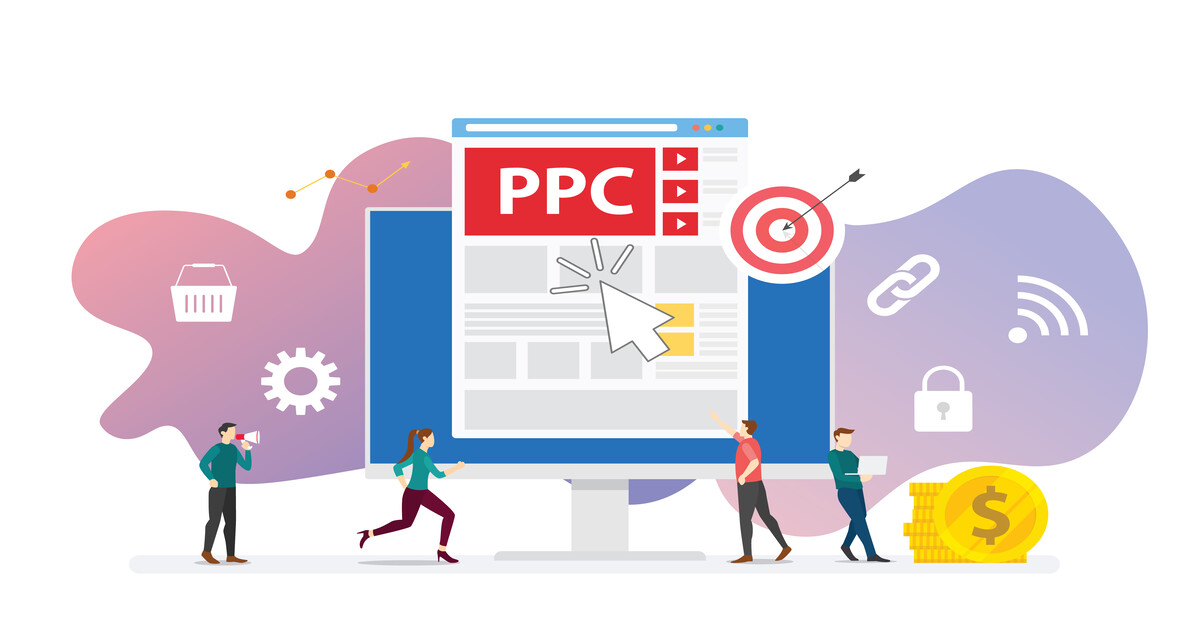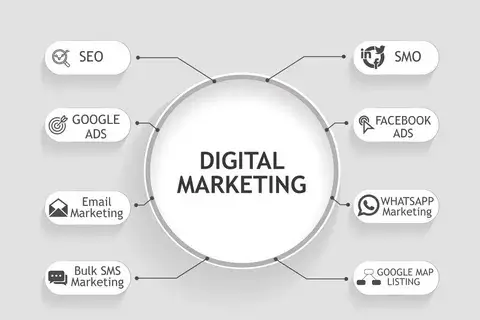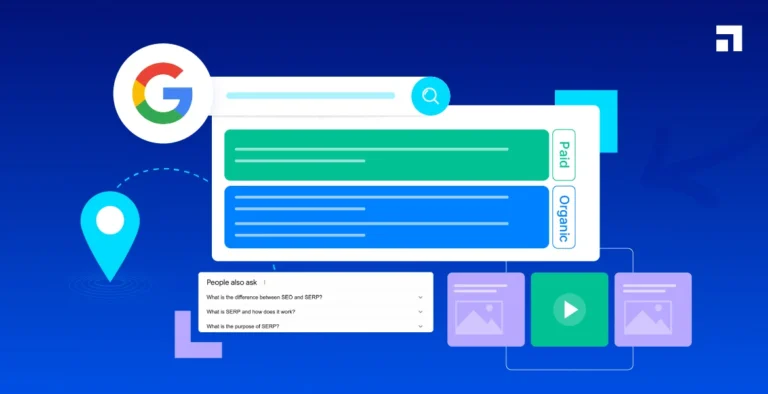As Artificial intelligence (AI) continues to change the way of job creation, it is important to think about the ethical AI impact on employment that comes with this technological revolution. We will start by giving an overview of AI and how it has changed the job market over time. Then, we will look at how artificial intelligence is affecting the job market now, focusing on both its transformative potential and its ethical problems. As we try to figure out how to deal with the complicated web of automation, AI-assisted hiring, and new job openings, the ethics issues become more apparent. It is important to find a balance between new ideas and doing the right thing. The exploration extends to future trends, predicting what will happen and suggesting a human-centered approach. It imagines a future where AI helps create jobs in an ethical way.

The Current State of AI in Job Creation
Artificial Intelligence (AI) is changing the way jobs are done. Some people are worried that AI will take away their jobs, but it is also creating new jobs. Automation makes things more efficient, which leads to the creation of jobs in AI development, maintenance, and management. As businesses change, it’s important to get better at things related to AI. When human skills and AI come together, it looks like jobs will be created and the economy will grow.
AI Technologies in the Job Market
Artificial intelligence (AI) technologies are changing the job market by automating tasks and making people smarter. AI is changing the way people find jobs. Predictive analytics are being used for hiring, and robots are speeding up the hiring process. AI makes jobs more efficient by letting people learn and grow in a way that fits their needs. But to deal with these changes, you need an employee whose skills are always changing. Finding a balance between human creativity and AI progress is important for managing the constantly changing job market of today.
Automation and Job Displacement:
AI-driven technology makes things more efficient, but it also makes people worry about losing their jobs. As more tasks are automated, some jobs may become less important. To keep jobs from going away, it’s important to retrain and upskill workers in a planned way.
AI-Assisted Hiring Processes:
Using AI to hire people makes the process more efficient, but it also raises questions about fairness and bias. There are ethical issues because algorithms might unintentionally reinforce biases, so they need to be constantly examined and improved to make sure everyone has the same chances to get a job.
Role of AI in Skill Development:
AI makes skill development much easier by customizing learning situations to each person and pointing out areas where they can improve. But problems with accessibility may come up. This shows how important it is to make AI-driven skill development programs that are open to people from all backgrounds and learning styles.
Diversity and Inclusion Challenges:
Even though AI has come a long way, it may still contain biases without meaning to, which could make diversity and inclusiveness harder. To make sure that workplaces are welcoming and offer equal chances for everyone, regardless of background or qualities, it is important to make sure that AI systems can detect and reduce bias.
Emerging Job Opportunities in AI:
As AI grows, it creates new jobs, from AI writers to people who check that AI is ethical. As AI keeps getting better, new roles open up, which means there is a need for experts in areas related to AI. These chances, you need to be proactive about your schooling and skill development to meet the needs of a job market driven by AI.
Ethical Issues in AI Implementation
As AI technology advances, ethical concerns arise. Issues like bias in algorithms, privacy infringements, and job displacement pose challenges. Striking a balance between innovation and ethical considerations is crucial. Implementers must navigate AI’s ethical terrain in job creation to ensure fairness, transparency, and accountability. Setting up strong ethical frameworks, working together across disciplines, and having ongoing conversations are all important for using AI properly and building trust in its use across many areas.
Bias in AI Algorithms:
One ethical concern in AI implementation is the unintentional bias built into algorithms. If you don’t do anything about it, these attitudes can make inequality worse and last longer. It is very important to keep working to find, fix, and stop biases in AI systems so that everyone gets fair and unbiased results.

Transparency Issues
When AI systems work as “black boxes,” which makes it hard to understand how they make decisions, transparency problems appear. To use AI in an ethical way, systems must be clear about how decisions are made and allow users and partners to trust and hold the company responsible.
Privacy Concerns for Job Seekers:
A lot of data is collected during AI-driven hiring processes, which makes people who are looking for work worry about their privacy. The most important thing is to keep personal information safe and follow privacy laws. It is important for ethical AI adoption to find a balance between using data efficiently and protecting people’s privacy rights.
Accountability of AI Systems:
Setting clear responsibility for AI systems is necessary to solve ethical problems. Organizations need to spell out who is responsible for the results of their systems, set moral standards, and set up ways for people to be held accountable. This makes sure that moral concerns are taken into account when AI systems are being built, used, and maintained.
Impact on Lower-Skilled Workers:
When AI comes along, it makes things harder for people with less skill. For ethical considerations, taking proactive steps to stop job loss and encourage reskilling possibilities is necessary. Putting in place rules that put the health and safety of low-skilled workers first helps make the transition fair and includes everyone, which lowers the negative effects on jobs for this group.
Striking a Balance: Ethics vs. Innovation
In the constantly changing world of technology, it is very important to find a balance between ethics and new ideas. Pushing the limits helps things get better, but it also brings up moral questions. Finding a balance between innovative technologies and responsible practices is the key to living together peacefully. Ethical problems can be solved by following clear rules, working with people from different fields, and involving stakeholders. This fine line between right and wrong protects social ideals and makes way for ethical innovation that will last.
Navigating Ethical Gray Areas
In the complicated world of technology, ethical issues often come up that make us question our beliefs. To get through these gray areas, you need to think carefully and use structures that can be changed. As technology improves, it becomes more important than ever to set clear social rules. Finding a good balance between progress and ethical responsibility is important for taking a responsible approach that builds trust and honesty in our technology work. For a responsible and long-lasting future, we need to face these problems directly.
Decision-Making Frameworks:
Strong structures are needed to make good decisions. These structured methods make things clearer, speed up processes, and improve results. Having a reliable template helps with consistency and making smart decisions, whether you’re making business, technology, or personal choices. It makes sure that choices are looked at in a planned way, which lowers uncertainty and encourages good judgment for better, more significant results.
Collaborative Efforts in Ethical AI Development:
To make sure that AI creation is ethical, everyone needs to work together. Sharing standards and ideals is easier when researchers, developers, and policymakers work together. The AI community can solve problems by sharing knowledge, different points of view, and social concerns. This encourages responsible innovation that puts fairness, openness, and the well-being of society first.
Corporate Responsibility in AI Integration:
Corporate responsibility is crucial in ethical AI integration. Companies must prioritize transparency, user consent, and fairness in AI applications. Proactive engagement with ethical considerations ensures responsible AI development, fostering trust and positive social impact.
Balancing Innovation with Social Impact:
Finding the proper balance between innovative ideas and positive societal impact can be challenging. When exploring the boundaries of technology, it becomes crucial to consider its broader effects on society. This involves understanding the potential outcomes of new ideas and ensuring that innovations contribute positively to society while minimizing any adverse effects.
Conclusion
In conclusion, navigating the ethical dimensions of AI in job creation is essential for shaping a responsible and inclusive future. Innovation and ethical responsibility need to be carefully balanced in today’s changing world. To fix biases in algorithms, encourage collaboration, and promote business responsibility, it is important to take proactive steps. It makes sure that integrating AI is in line with ethical principles, so that technological growth and social values can live together in peace. Adopting this balance not only protects against possible problems, but it also promotes trust, openness, and good social effects. As artificial intelligence (AI) continues to develop, ethical concerns will still be the guide that points the way to a fair and healthy job market.










